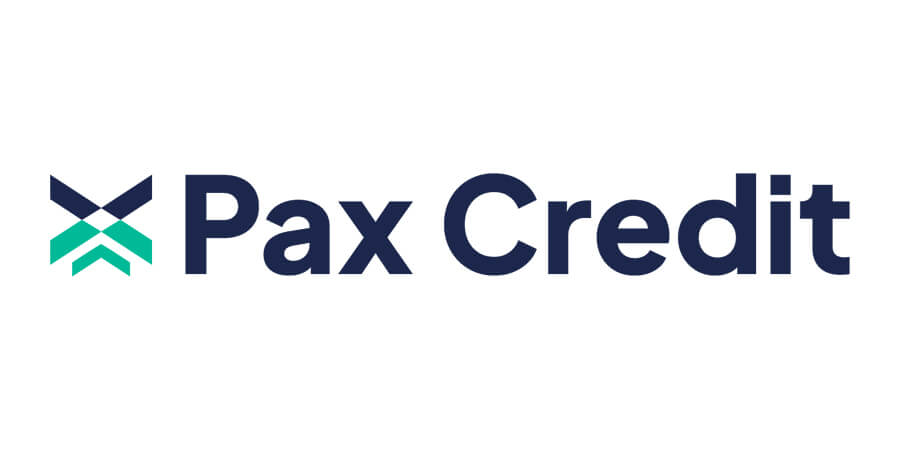
Ask any international students and many will deplore all the extra fees they pay when transferring money from their home country to where they’re studying.
This is where Abhinov Balagoni, from India, comes in. In 2015, when he had to pay the tuition fees for his Singaporean university degree, he ended up paying significantly more than fees.
Cross-border payments are basically the fees when the payee and recipient are in different countries — these interbank transactions usually add up to a large amount. Thus, Balagoni founded Pax Credit — a payments platform aimed at helping international students save up to US$900 on tuition fees.
It offers competitive exchange rates, flat transfer fees, plus an international debit card that students can carry with them abroad.

Say goodbye to unnecesarily high transfer fees. Source: Abhinov Balagoni
We caught up with Balagoni to learn more about his payments platform, his Singaporean education and his thoughts on tuition fees for international students.
Can you walk us through your interest in electronics and business? Is there a story behind this?
During my school days, I was into computer games and I wanted to pursue an education related to computers and electronics. During my bachelor’s programme, I came across startup ventures founded by my school’s alumni.
I realised then, that entrepreneurship as a career is something I would enjoy. To equip me and pursue this goal, I chose a business programme for my master’s.
Why did you choose Singapore to study?
I decided to do my master’s in March and most of the application deadlines at leading business schools were already closed. I had two programme choices, one from a Hong Kong-based business school and another from Singapore.
I chose Singapore because I wanted to explore the cultures in the Southeast Asia region I’m underexposed to.
Tell us more about your career trajectory. How are you helping international students with their tuition fees?
Since graduation, I’ve been building fintech startups. My personal experience with cross-border financial services while moving to Singapore influenced my career trajectory.

Balagoni has been busy launching fintech startups since graduating. Source: Abhinov Balagoni
Back then, when I reached out to people who went through similar situations for suggestions, the most popular suggestion was to reach out to local banks even though it wasn’t an optimal solution.
This then led to the shaping of the thesis for Pax Credit as we’re building it up to be a one-stop financial platform to optimise the lives of international students. Currently, we help students pay their uni tuition fees in local currencies. Compared to local banks, they save up to about US$900.
In terms of digital finance, can you share your thoughts on how it will impact students who study abroad? Why is there a current lack of transparency in cross-border tuition fees?
The current most-used method for cross-border tuition fees is through local banks. This relies on a third-party correspondent made up of banking networks which results in an expensive, slow and non-intuitive process.
However, this is about to change because of the recent trends in financial technology such as real-time payments, open banking, API-based infrastructure platforms and crypto/blockchain projects.
These tech tools now enable us to create a breakthrough global financial product targeting a specific customer segment. For instance, delivering to international students with the best-in-class usability, pricing and access platform.
Do you have any plans to further your company with international students in other areas of the world?
Our goal is to solve the financial life cycle of international students so we are currently focused on two key markets — the US and the UK.
What were the practical learning elements in your course and do you get to apply them to your current job role?
The key learning outcomes at Singapore Management University were from the courses such as data analytics and data modelling. While building a risk profile of a user, I applied the principle of identifying new data points — not the extensive historical data used by traditional financial institutions.
I’m hopeful that this risk model will be much more effective given the successful deployment by companies addressing the pain points of thin-file customers.

“Our goal is to solve the financial life cycle of international students,” says Balagoni. Source: Abhinov Balagoni
Is there anything you had wished you learned more of during uni?
Building a narrative or a storyline is a skill I wish I learned well during uni. I struggled for a long period trying to articulate our business venture and its approach during my interactions with potential investors and industry partners.
A key takeaway has been to define the problem in detail and then present the solution to make it more impactful.
What’s your advice for international students who want to pursue the same course as you?
Don’t rely on only feedback from your classmates and career services team but engage your faculty and alumni as much as possible when navigating career opportunities. You will unlock interesting options if you have a focused approach to engaging a specific industry or role.
What would you like to be doing in 10 years?
I would like to be living in a place — either a digital community or a physical location — filled with interesting people. In 10 years, I will be working in crypto or a blockchain-related project.
Lastly, do you have any tips for students to budget abroad?
Use local websites or apps to get food and travel-related deals to manage your budget more wisely.










